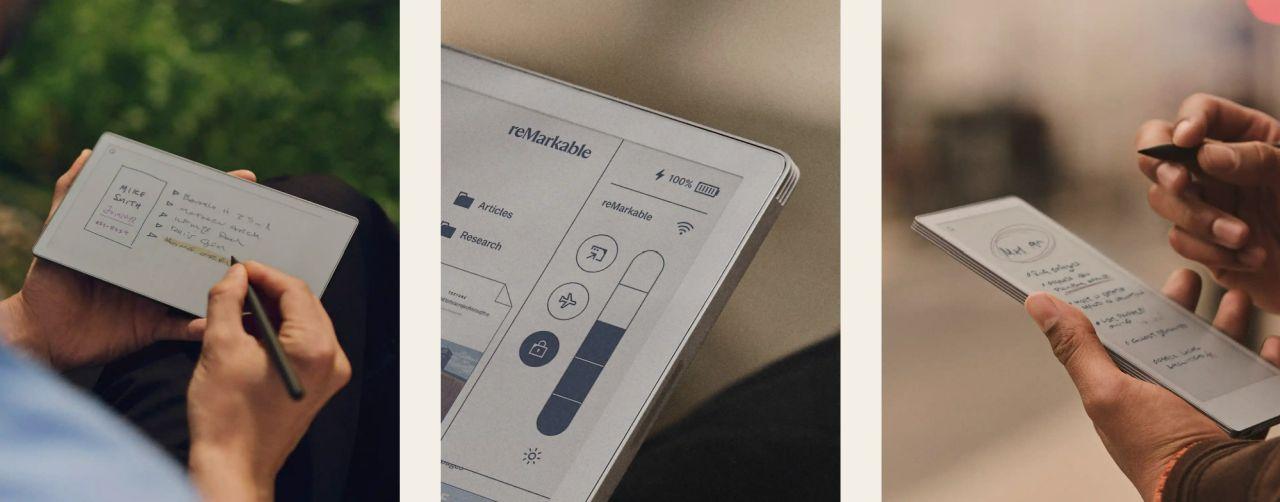
Disrupting the Status Quo of Indigenous Mental Health: Q&A With ShockTalk's CEO
Austin Serio, whose mother is Native American and father is Italian-American, recognizes the challenges and privileges of his ancestors. This recognition, as well as personal experiences, led Serio, a member of the Chicoran Shakori Tribe of South Carolina, to launch ShockTalk— a culturally sensitive telemedicine platform for Indigenous people.
Serio, a 2020 Indigenous Communities Fellow, shares his perspective on Indigenous mental health and the process to develop his solution.
What inspired you to develop ShockTalk?
It’s important for Native people to be recognized by state and federal systems because they help Native communities to some extent, but these systems also have induced historical and intergenerational trauma for some individuals. I spent my life figuring out how to be thankful for the gains in representation achieved by my ancestors, while also opposing settler-colonialism.
My nation has less than the 100 members vaguely required by South Carolina state law to attain state recognition. I believe this requirement is arbitrary, considering the historical impact of Jim Crow laws. Without formal recognition, my people go without certain resources like improved Medicaid support or access to the Indian Health Service.
Having open, accessible, and affordable resources are critical to people from all backgrounds. I lost my brother to the opioid crisis when I was 12. He could not access services that were impactful to him. Also, I’m Two-spirit and we grew up in a predominately white town. I became very sick as well. I had a psychotic break before Covid because I couldn't connect with the right support either. I decided to take action and developed ShockTalk with my co-founder Sutton King.
How does ShockTalk differentiate from other mental health platforms and services?
ShockTalk is a mobile application that connects Indigenous peoples with Indigenous therapists, and aims to heal intergenerational trauma. Representation in the mental health space is key to Indigenous mental health and well-being. Native providers have cultural awareness and sensitivity that providers in mainstream healthcare may not. Indigenous therapists will have an understanding of how colonialism may have impacted someone’s kinship system, and by extension, the impact colonialism is having on someone’s mental health.
Native therapists are also more likely to understand the importance of land, and principles of animism, which Indigenous and Native individuals may not feel obligated to speak about with providers outside of their community. Animism is the idea that the world around us is alive. That rocks have spirits, rivers have spirits, trees have spirits, animals have spirits… Humans are people, but not all people are humans. Engaging with nature is a core tenet of religion and spirituality for many Indigenous people.
ShockTalk is slated to be the first licensed Indigenous network, but we know momentum can’t stop with one app. What else can individuals and organizations do to support these groups?
I have primarily two requests—recognize the role we all play in settler-colonialism and decolonize your idea of what technology is.
I want everyone to understand that if you live on Turtle Island, you have an obligation to the Indigenous people around you. This is someone’s land. Most of us are on someone else's land in one way or another…I want people to educate themselves on settler colonialism. We talk about racism. Another word for race is caste. There is a hereditary caste system at play, as well as capitalism. If you don't understand that, you cannot be antiracist.
There is also a narrative that says the West has superior technology. Is technology the power to have control? Or, can it go beyond that, like the ability to sustain life indefinitely?
ShockTalk is currently in the pilot stage and serving Indigenous people from Central, South and North America. ShockTalk’s primary service area is currently in New York state and Serio hopes to expand nationwide eventually with a focus on East Coast and Eastern Woodland regions.
If you are interested in learning more about MIT Solve’s Indigenous Communities Fellowship, learn more here. You also have the opportunity to watch this year’s fellows be announced during Solve Challenge Finals. Register for the livestream now.
Tags:
- Indigenous Communities
Related articles
-
Powered by Purpose: E Ink’s ePaper Technology Takes Aim at the World’s Toughest Problems
Because it draws power only when an image changes—and none at all while static—ePaper reduces energy consumption by orders of magnitude. That single breakthrough unlocks net-zero transit signs, off-grid medical notebooks, and other applications that traditional screens simply can’t power sustainably.
-
MIT Solve Launches $1.5M Global Search for Tech-Enabled Social Innovations
The world's leading social impact platform seeks tech innovators tackling global challenges in Climate, Health, Learning, Economic Prosperity, and Indigenous Communities
-
Cultivating Cultural Revitalization and Sustainable Futures in Hana, Hawai'i
Ma Ka Hana Ka 'Ike– “In working, one learns.” Rick Rutiz, a homebuilder in the East Maui community of Hana, had an epiphany while watching his students of Hana Elementary and High School. Witnessing the students gravitate towards experiential learning, he realized that abstract concepts they found challenging on paper...